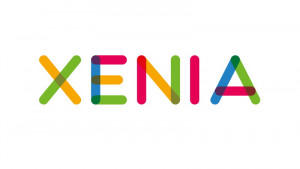 The Work Package 1 (WP1) results’ and its abstract, the first phase of XENIA Erasmus+ project, are now available online. DAISSy Research Group of the Hellenic Open University (HOU), the Greek partner, has contributed to all WP1 stages and outputs.
The Work Package 1 (WP1) results’ and its abstract, the first phase of XENIA Erasmus+ project, are now available online. DAISSy Research Group of the Hellenic Open University (HOU), the Greek partner, has contributed to all WP1 stages and outputs.
XENIA is an ambitious 36-month-lasting Erasmus+ project that is being implemented by a consortium of 7 partners from 5 European countries (Italy, Greece, Ireland, Slovenia, Spain). The aim and objectives of this project are to develop and implement an Inclusiveness Index to support Equality, Diversity and Inclusion (EDI) in European Higher Education Institutions (HEIs).
Specifically, an algorithm matrix based will measure the level of social and educational inclusiveness of sexual minority and gender marginalised students and staff within the HEIs context. The project will also share practices and tools for promoting and improving equality, diversity and inclusion. All the intellectual outputs will be available in five (5) languages, namely English, Spanish, Italian, Greek and Slovenian.
The primary aim of WP1 has been the development of a Common Research Methodology which has guided the work and contributions of all XENIA partners for this Work Package. The key activities underpinning this common research methodology were: the identification and classification of HEIs into five (5) relevant and appropriate thematic areas; the development of 64 indicators that signify inclusion of gender diverse and LGBTQ+ students and staff, categorised into subsections under one of the thematic areas and the development of tools and resources for promoting inclusion across HEIs.
The WP1 report describes in detail each step in the development of the specific work package by the consortium from January to July 2020. All materials are completely free and accessible on this link: https://xeniaindex.eu/mapping.php.
For more information on @XENIA and other DAISSy activities:
- Website : http://daissy.eap.gr/en/projects/xenia/, https://www.xeniaindex.eu/
- Facebook : @DAISSyResearchGroup, @XENIA Erasmus+ Project
- Linkedin : https://www.linkedin.com/in/daissyresearchgroup/
- Twitter : https://twitter.com/daissy_research
- Instagram: @daissy_researchgroup
- Email : info@daissy.eap.gr
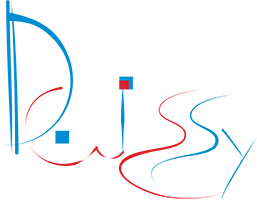

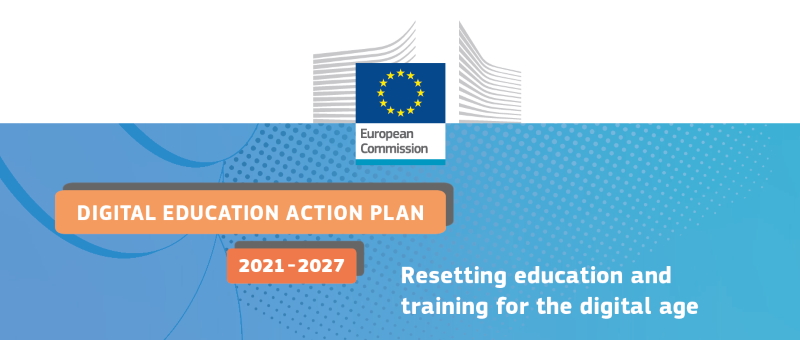
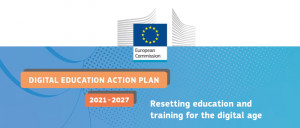
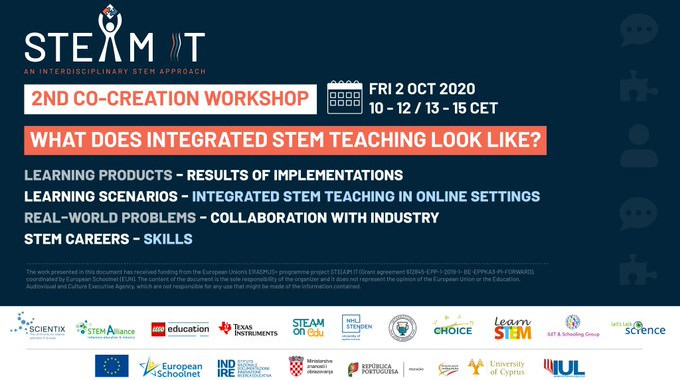
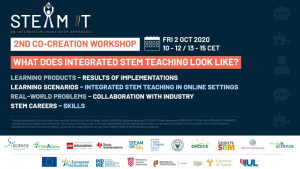 On Friday October 2nd, 2020, the STE(A)M IT project organized its 2nd co-creation workshop. The 60 participants attending included representatives from 6 companies, 14 Ministries of Education, as well as 8 experts in STEM Education, 5 researchers and 15 teachers. All participants had the opportunity to discuss and exchange on the status and development of the STE(A)M Integrated framework and the enrichments of its various components.
On Friday October 2nd, 2020, the STE(A)M IT project organized its 2nd co-creation workshop. The 60 participants attending included representatives from 6 companies, 14 Ministries of Education, as well as 8 experts in STEM Education, 5 researchers and 15 teachers. All participants had the opportunity to discuss and exchange on the status and development of the STE(A)M Integrated framework and the enrichments of its various components.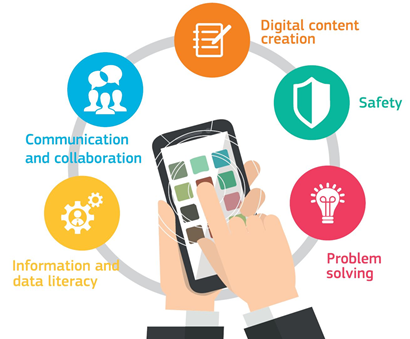
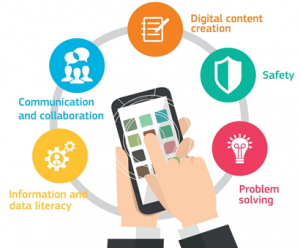 The European Digital Competence Framework, widely known as DigComp, has been developed by JRC to serve as a common referent for the description of the digital skills that are necessary for every citizen to be part of the digital transformation of European societies. The description of version 2.1 of DigComp is available
The European Digital Competence Framework, widely known as DigComp, has been developed by JRC to serve as a common referent for the description of the digital skills that are necessary for every citizen to be part of the digital transformation of European societies. The description of version 2.1 of DigComp is available 
 Στο πλαίσιο του Ευρωπαϊκού έργου ROMAN ROUTES διερευνήθηκε το επίπεδο γνώσης των φοιτητών σχετικά με την επιχειρηματικότητα και τον τουρισμό των αρχαίων Ρωμαϊκών δρόμων, διεξήχθη χαρτογράφηση των Ρωμαϊκών διαδρομών σχετικά με τις υπάρχουσες οικονομικές και πολιτιστικές δραστηριότητες που συνδέονται με αυτές τις διαδρομές, καθώς και την οικονομική τους δυναμική. Η ερευνητική ομάδα @DAISSy ανέλαβε τη διεξαγωγή της έρευνας για την Ελλάδα.
Στο πλαίσιο του Ευρωπαϊκού έργου ROMAN ROUTES διερευνήθηκε το επίπεδο γνώσης των φοιτητών σχετικά με την επιχειρηματικότητα και τον τουρισμό των αρχαίων Ρωμαϊκών δρόμων, διεξήχθη χαρτογράφηση των Ρωμαϊκών διαδρομών σχετικά με τις υπάρχουσες οικονομικές και πολιτιστικές δραστηριότητες που συνδέονται με αυτές τις διαδρομές, καθώς και την οικονομική τους δυναμική. Η ερευνητική ομάδα @DAISSy ανέλαβε τη διεξαγωγή της έρευνας για την Ελλάδα.
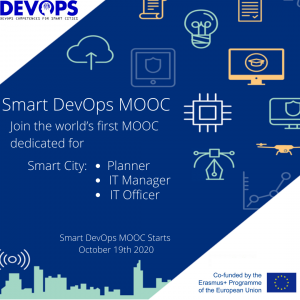 Τo MOOC μας είναι έτοιμο!
Τo MOOC μας είναι έτοιμο!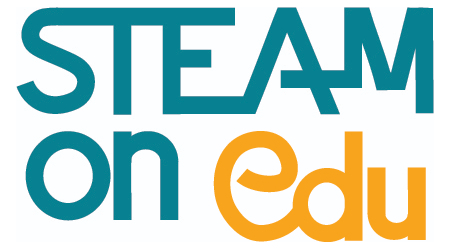
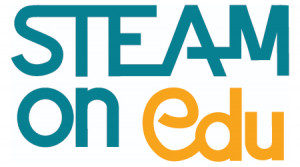 Έχετε ακούσει ποτέ για την τέχνη της εκπαίδευσης STE(A)M;
Έχετε ακούσει ποτέ για την τέχνη της εκπαίδευσης STE(A)M;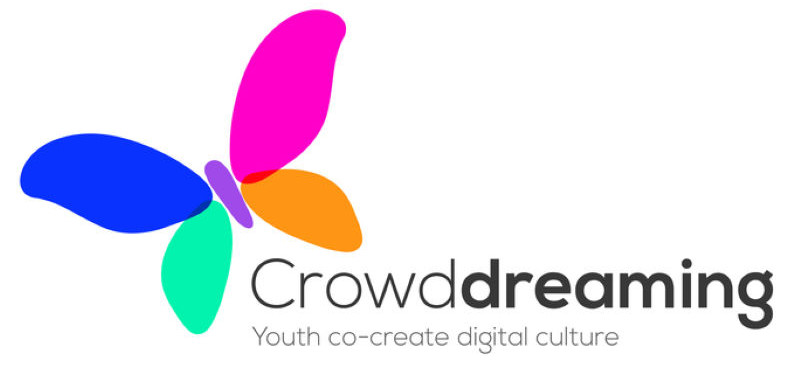
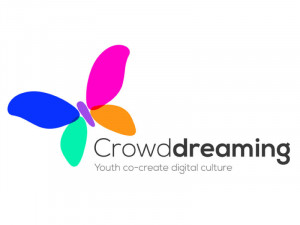 When: 8 October 2020 @ 11:40 (until 13:10)
When: 8 October 2020 @ 11:40 (until 13:10)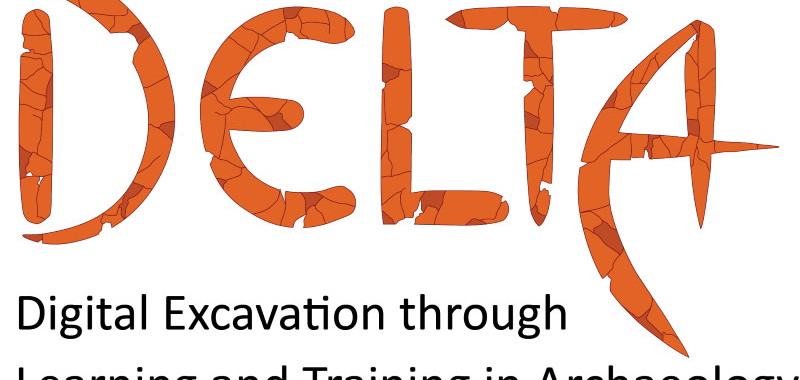
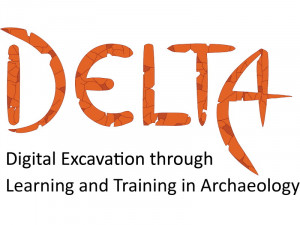 The DELTA project aims at designing and developing an innovative, open, blended course in order to train students in digital competences and the use of new technologies in Archaeology.
The DELTA project aims at designing and developing an innovative, open, blended course in order to train students in digital competences and the use of new technologies in Archaeology.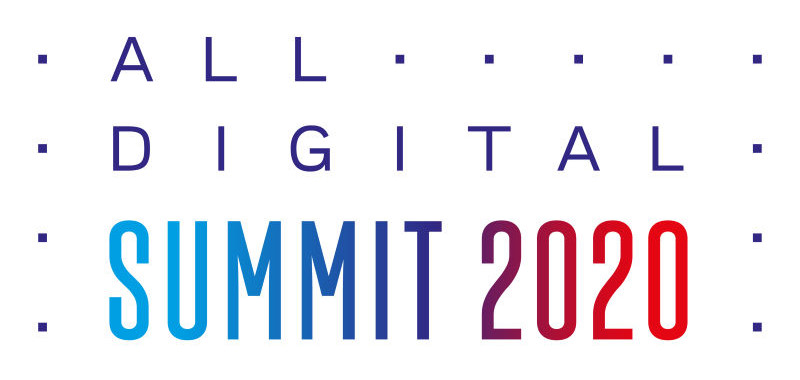
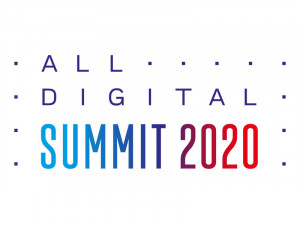 On 7-8 October 2020, ALL DIGITAL will organise its 13th annual Summit entitled “Competences for the Future”. The Summit brings together representatives of networks and organisations working to enhance digital skills of European citizens. Due to the current restrictions, the Summit will take place as an online event. The Summit programme offers keynotes, panels, workshops and lightning talks, and is organized around four streams:
On 7-8 October 2020, ALL DIGITAL will organise its 13th annual Summit entitled “Competences for the Future”. The Summit brings together representatives of networks and organisations working to enhance digital skills of European citizens. Due to the current restrictions, the Summit will take place as an online event. The Summit programme offers keynotes, panels, workshops and lightning talks, and is organized around four streams: